Great Blue Heron Chicks At Oxtongue Lake Rookery
Great Blue Heron Chicks At Oxtongue Lake Rookery
On a visit to Oxtongue Lake, in Ontario, Bob and I made a point of revisiting the now familiar Great Blue Heron rookery because we knew the Great Blue Herons had made their return to the nests earlier this spring. What a delight to see so many young herons once we got our binoculars and camera lenses focused on the nests.
When hiking, the heronry or rookery is located about 45 minutes from Algonquin Outfitter’s Road, off to the side of a marked trail.
The day happened to be very overcast, and being early in the summer season, we were pestered with swarms of mosquitoes. Due to unusually heavy amounts of rain, the vegetation was flourishing, which actually hindered our progress because the long grasses tugged at our hiking boots.
The water of the pond that is home to the herons’ nests was very high compared to other summers, and undoubtedly would be a better food source for the herons than normal. Any amphibians, reptiles, and birds, or any small mammals that might come to the water to drink, would be potential prey for the herons.
It is a wet world around the edge of the swamp with mosses and colourful fungi brightening the forest floor.
The rookery was very busy when we stepped from the cover of the forest to the edge of the pond. Within minutes, it became evident that each of the three nests was occupied by 3 or 4 herons.
I had to wear a bug net over my head because the mosquitoes were so thick they could almost carry me away. In fact, when hiking through the forest, long pants were a necessity, long-sleeved jacket a must, and it even served me well to wear gloves on my hands despite the season. Those were removed so I could properly operate the camera.
How exciting to see that the adult herons had successfully hatched so many chicks.
One adult kept vigil over each aerie while the curious and naive chicks looked out over the swamp.
When I caught sight of movement in the second nest, I quickly turned my lens toward it, and immediately saw 4 herons having a stretch. I imagine there, under the cool, grey sky, the young would be quite comfortable all nestled together. Their slim bodies must fit very snugly into the massive nest when the whole family beds down for the night, though.
When peering through the camera at the herons, a blur crossed in front of my lens at close quarters.
I was able to locate the landing spot of a Cedar Waxwing (Bombycilla cedrorum) not far from where Bob and I stood. The telltale yellow band across the end of its tail and bright red wax-like droplets on the ends of the secondary flight feathers of the wings made for definite identification of this beautiful bird.
The Cedar Waxwing is attired in soft harmonious colours, and its silky plumage seemingly never has a feather out of place. Its cinnamon brown head and neck combined with the rakish black mask gives the bird a regal flair with a slightly haughty attitude.
The Cedar Waxwing didn’t stay put for long, perhaps summoned by its mate in a nearby tree, and as it took flight, I got a good look at its pale yellow belly and whitish tail coverts.
When I turned my attention back to nest #2, one young heron was standing precariously on the sticks of the rim. I would imagine it wouldn’t be long before the chicks would fledge and venture on short forays around the swamp.
With rain moving in, Bob and I retreated to the trail and made haste towards home all the while surrounded by a cloud of buzzing mosquitoes. Thank goodness for bug nets and bug spray!
The following morning, beneath a clear, blue sky, one of the adult herons paid a visit to my dad’s beach back at Oxtongue Lake. I am confident that it is one of the herons from the rookery in search of better prospects in the food department. Judging by the minnows jumping around the island of brush at water’s edge, the heron would have no problem gorging itself in preparation to regurgitate for the hungry chicks. They would require a lot of food to nourish their growing bodies.
You May Also Like:
A Black-backed woodpecker in Algonquin Provincial Park
Black-Crowned Night Herons At Tommy Thompson Park
A Long-eared Owl at Tommy Thompson Park
Eastern Screech Owl: A Master of Disguise In Burlington, Ontario
Glossy Ibis sighted in Whitby in Ontario
Among the Winged Magic at El Rosario Monarch Butterfly Reserve in Mexico
Our South African Journey to Kruger National Park

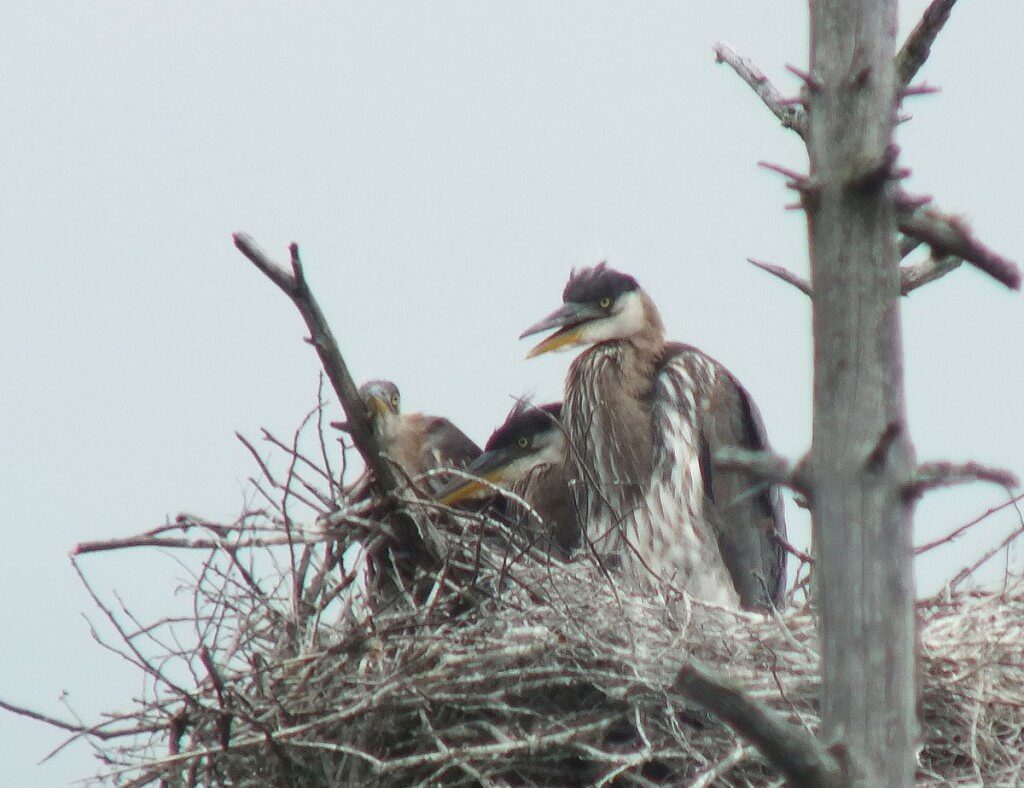
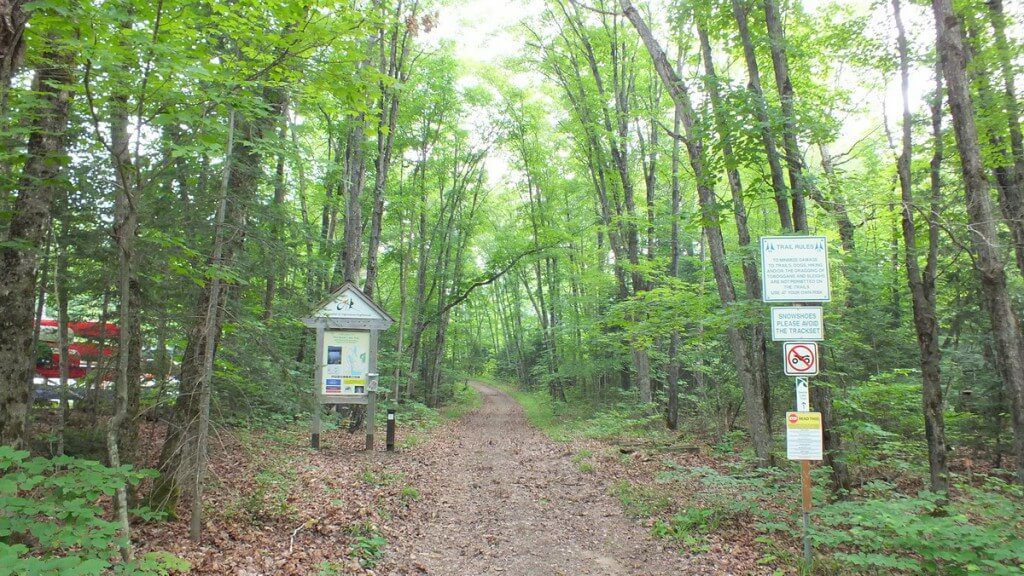
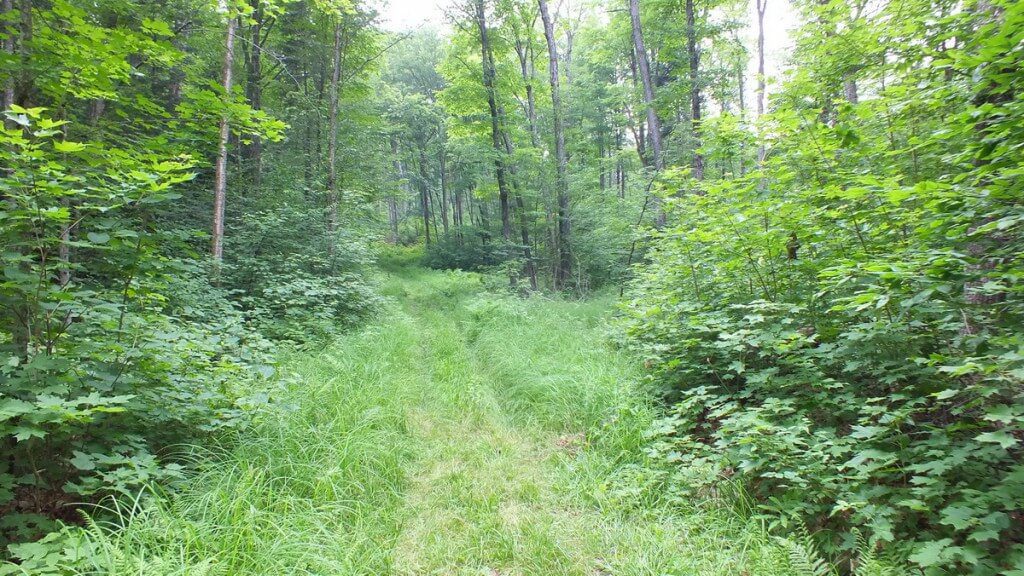
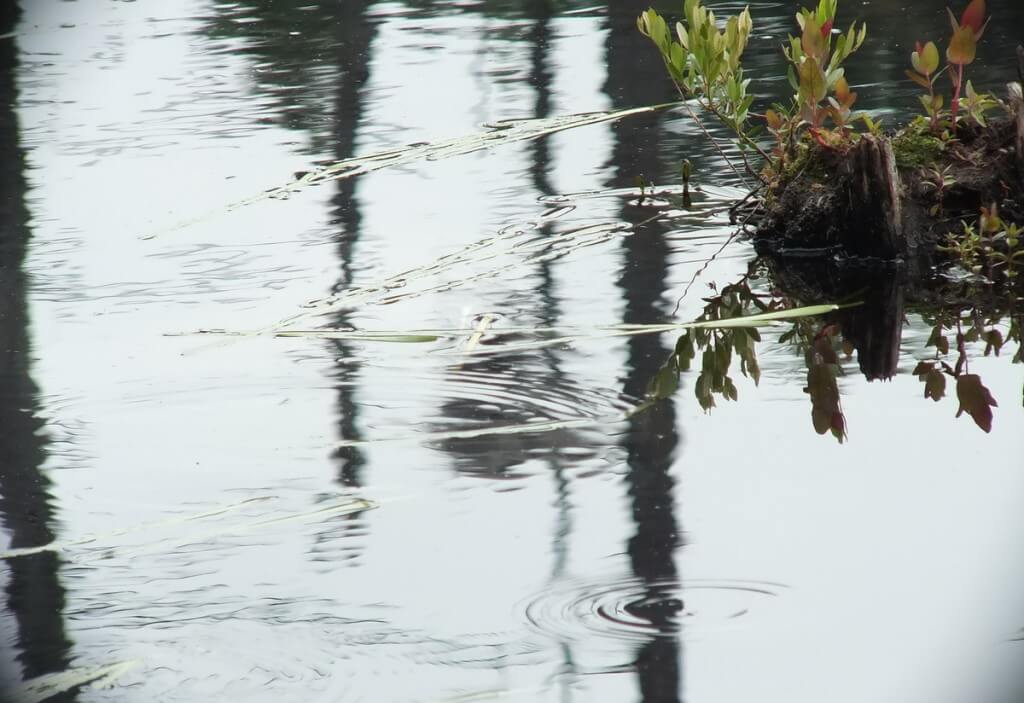
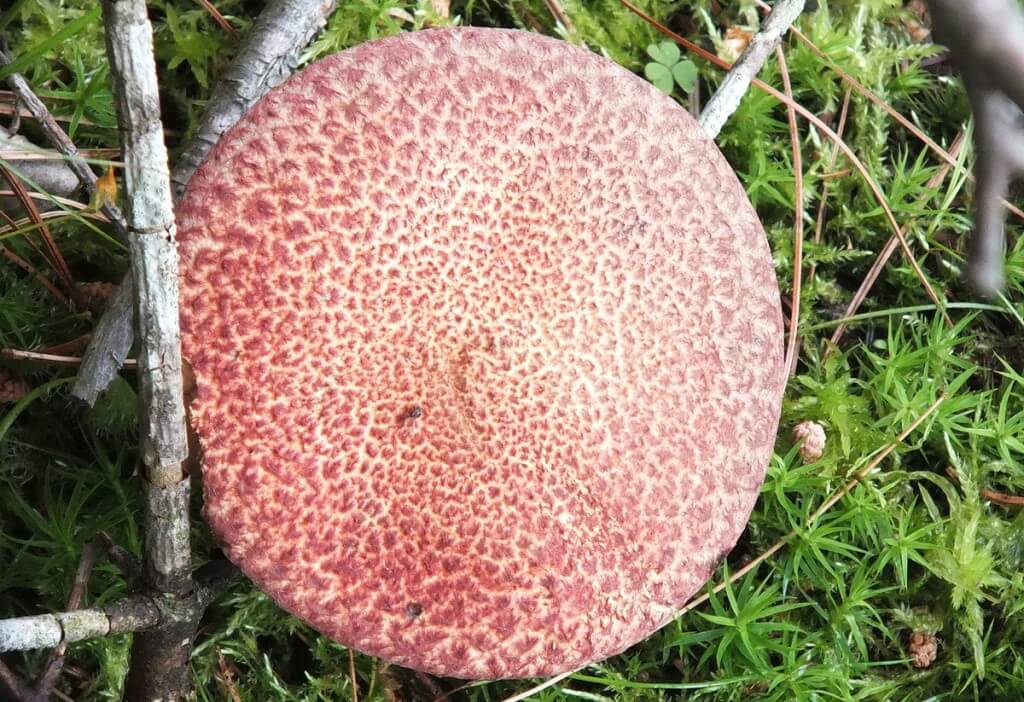
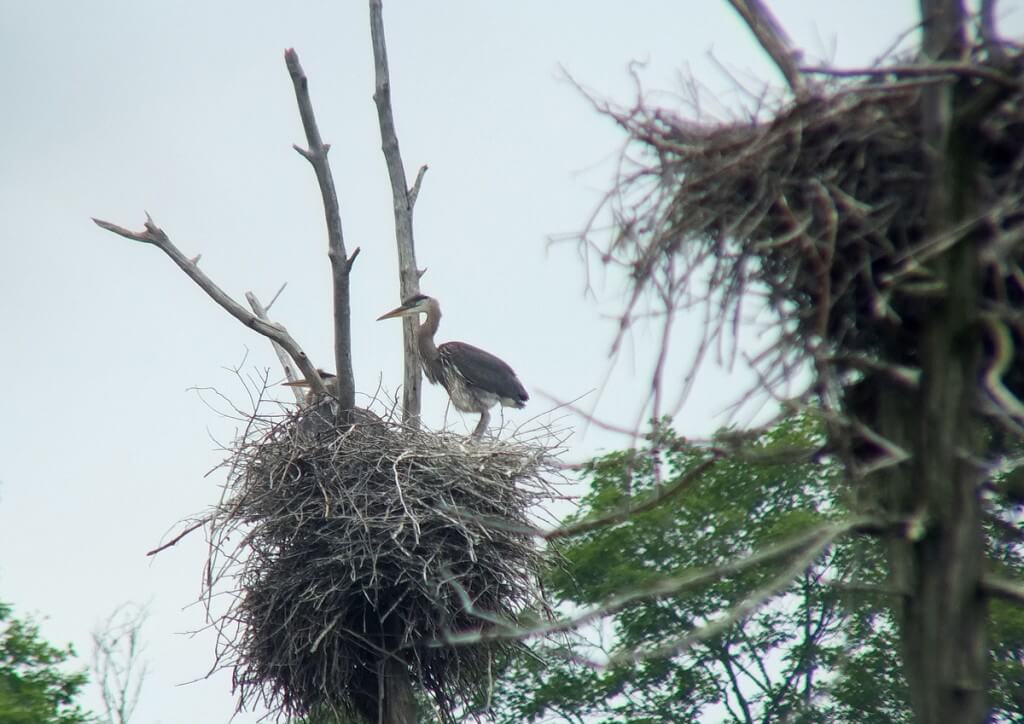
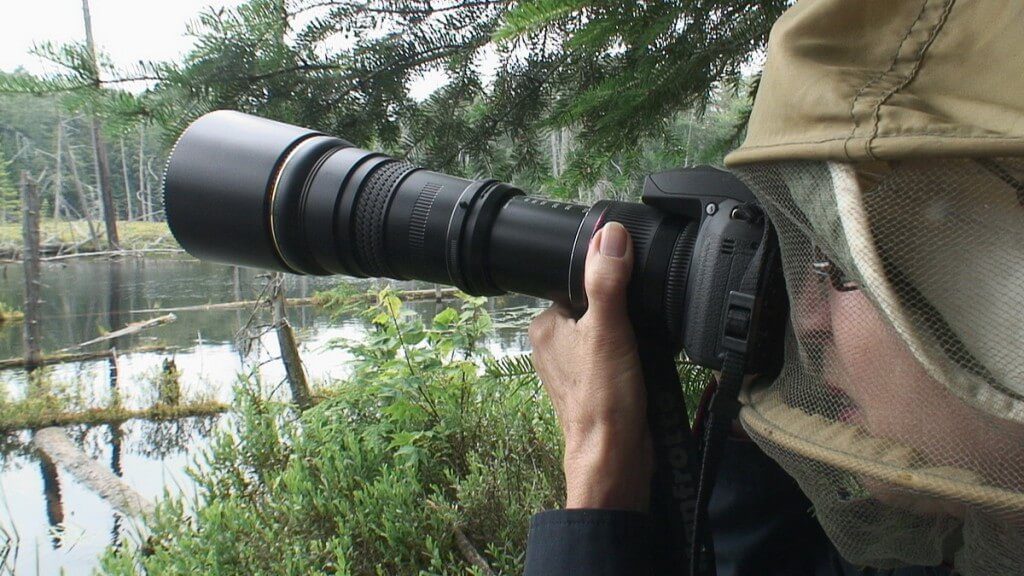
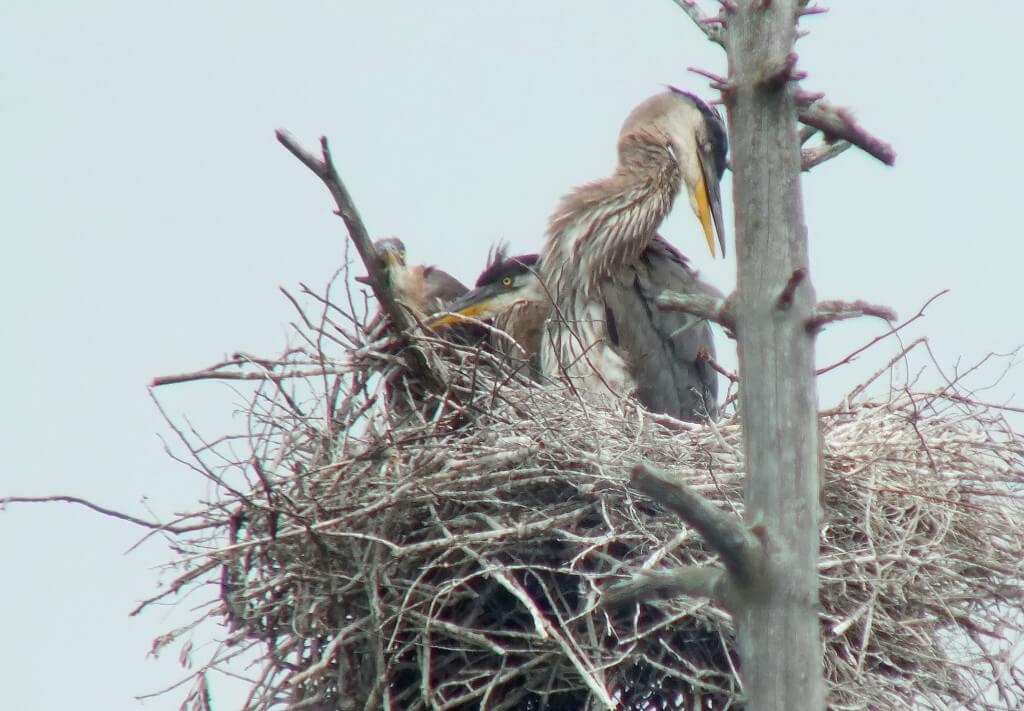
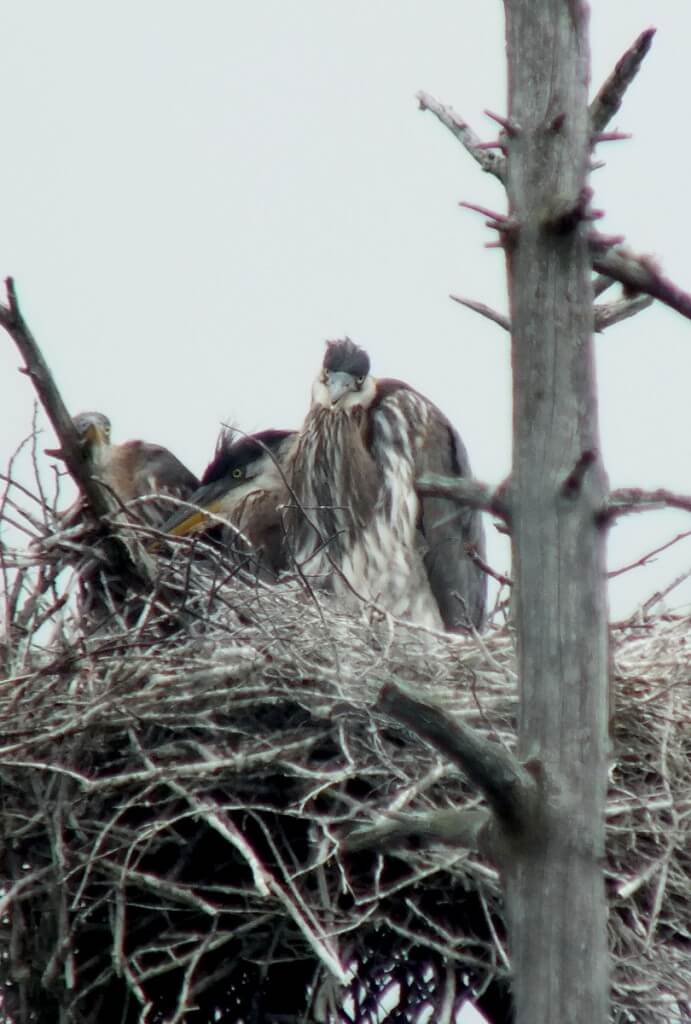
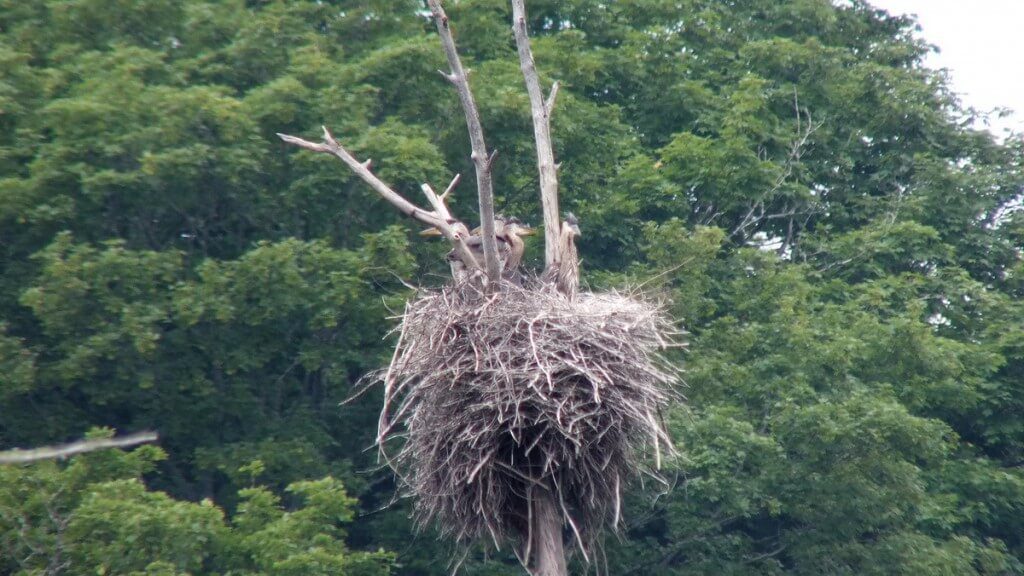
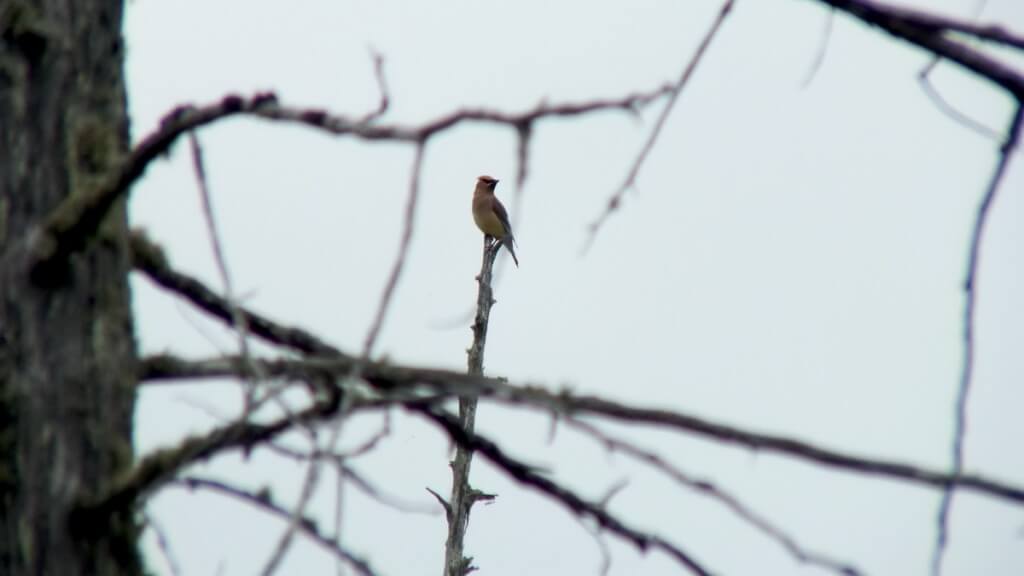
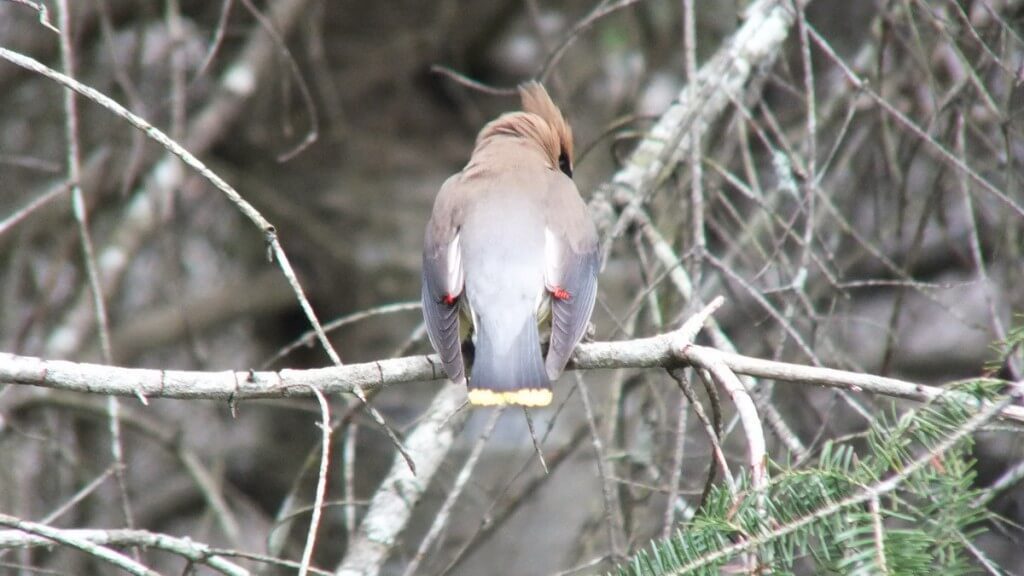
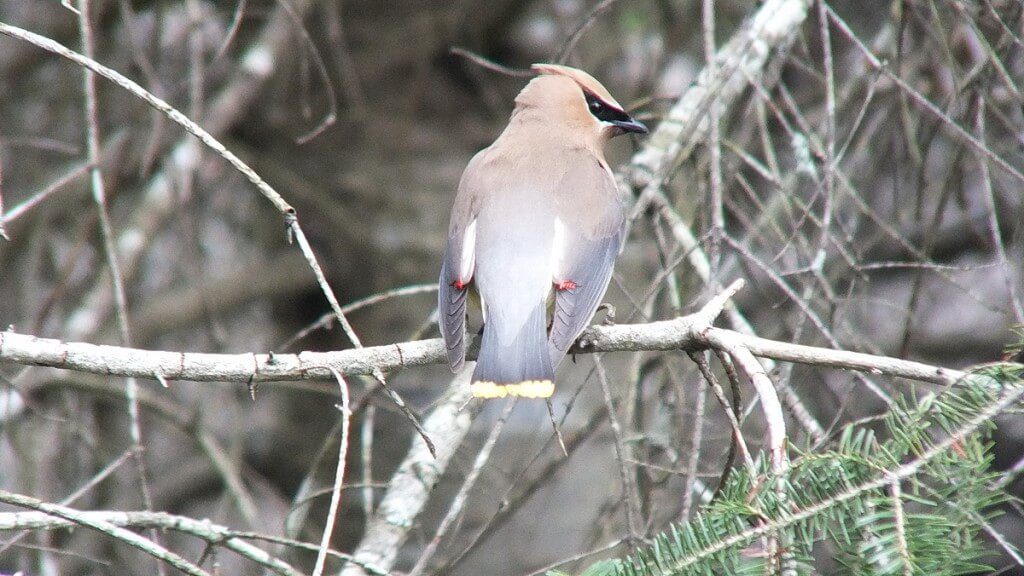
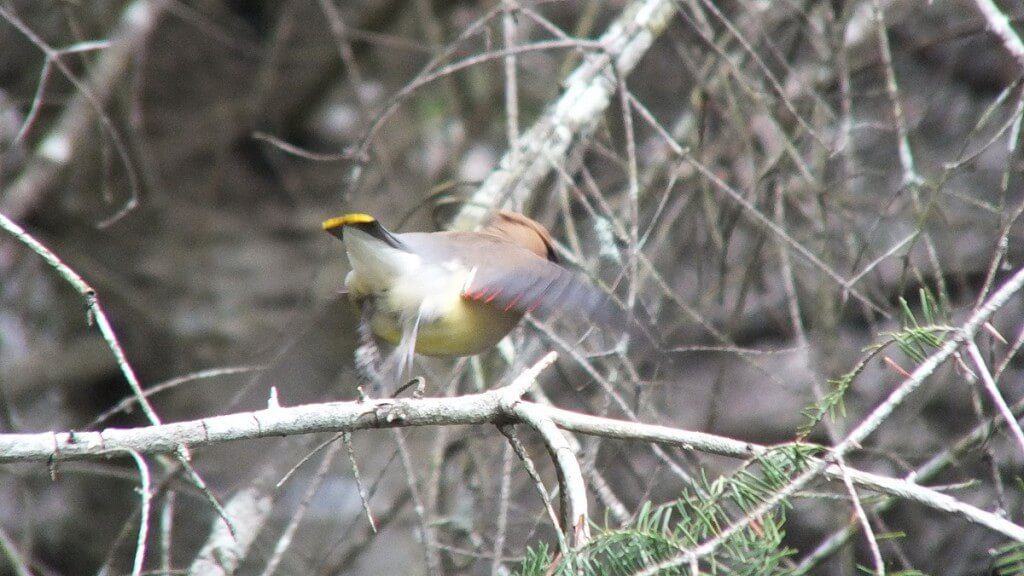
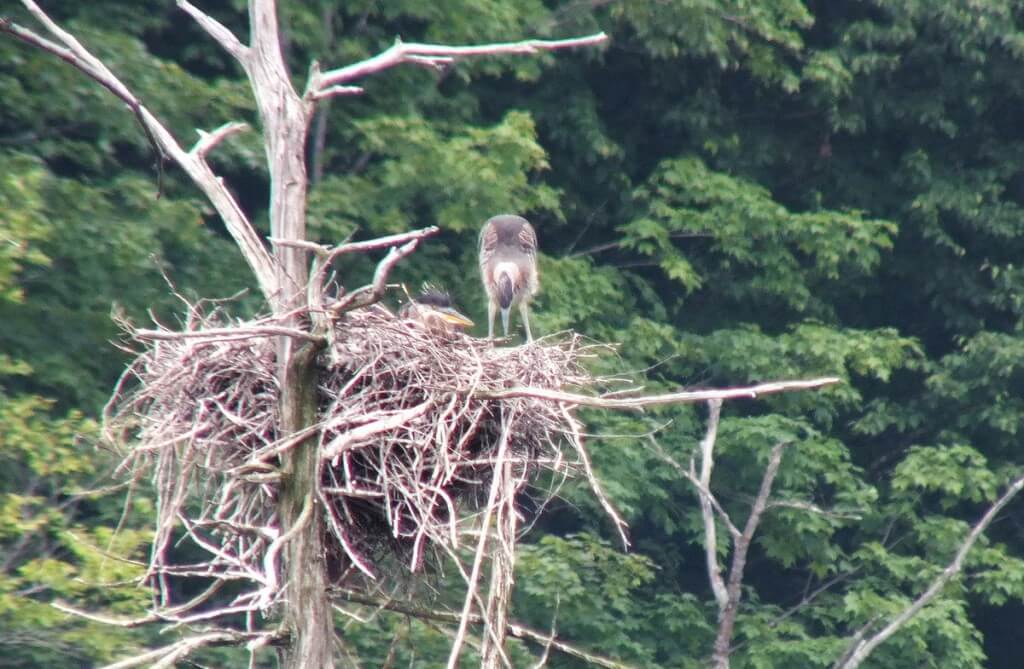
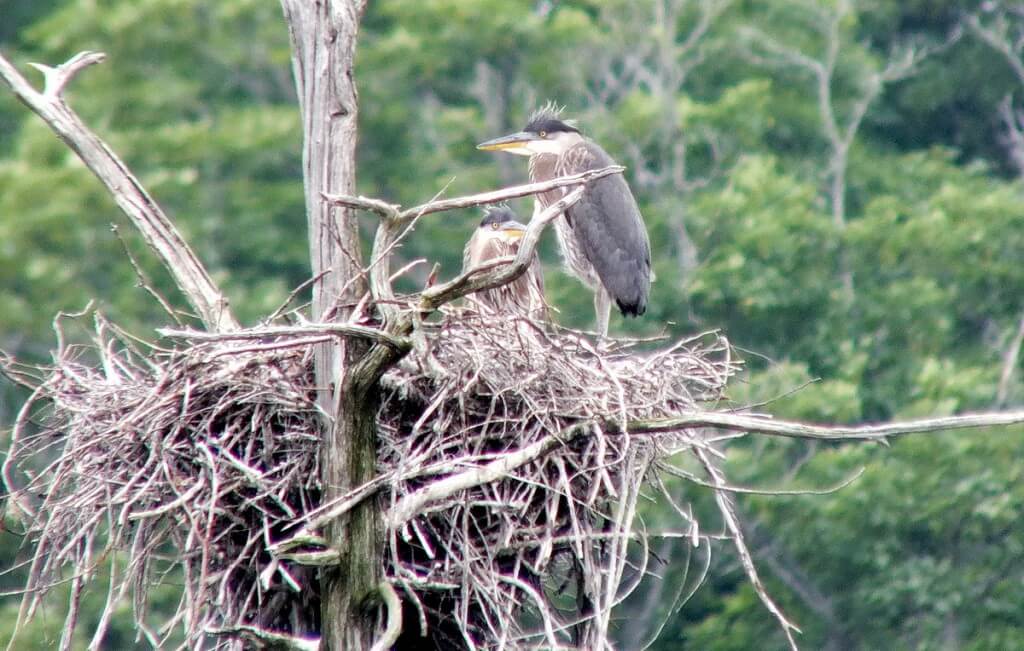
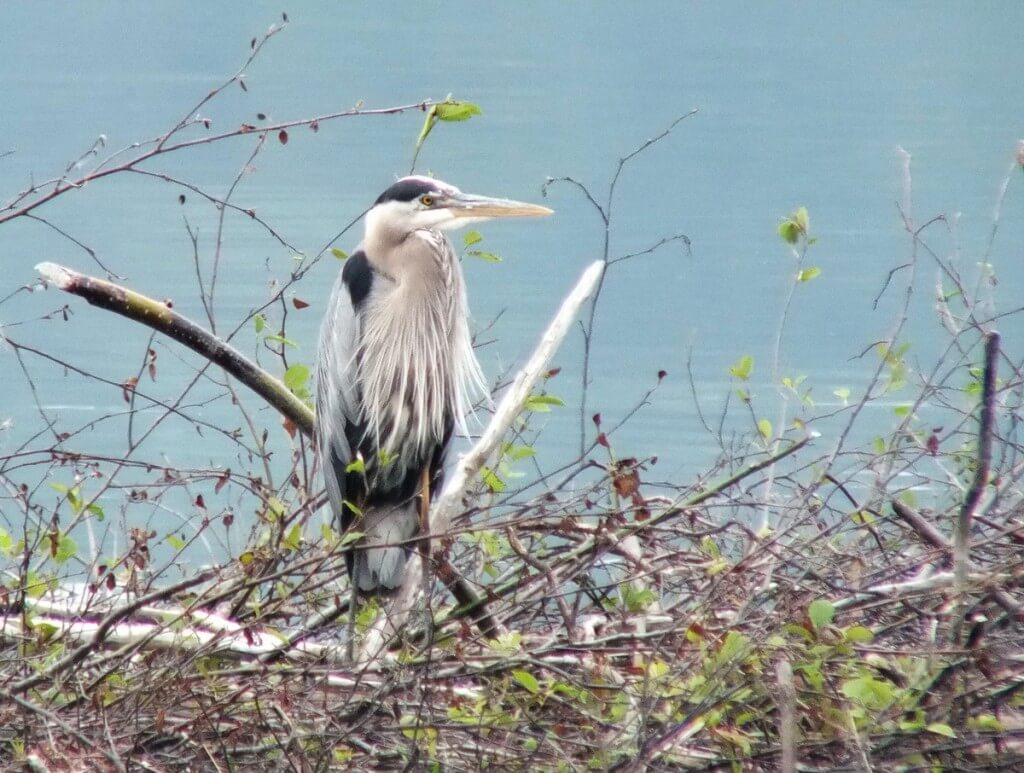

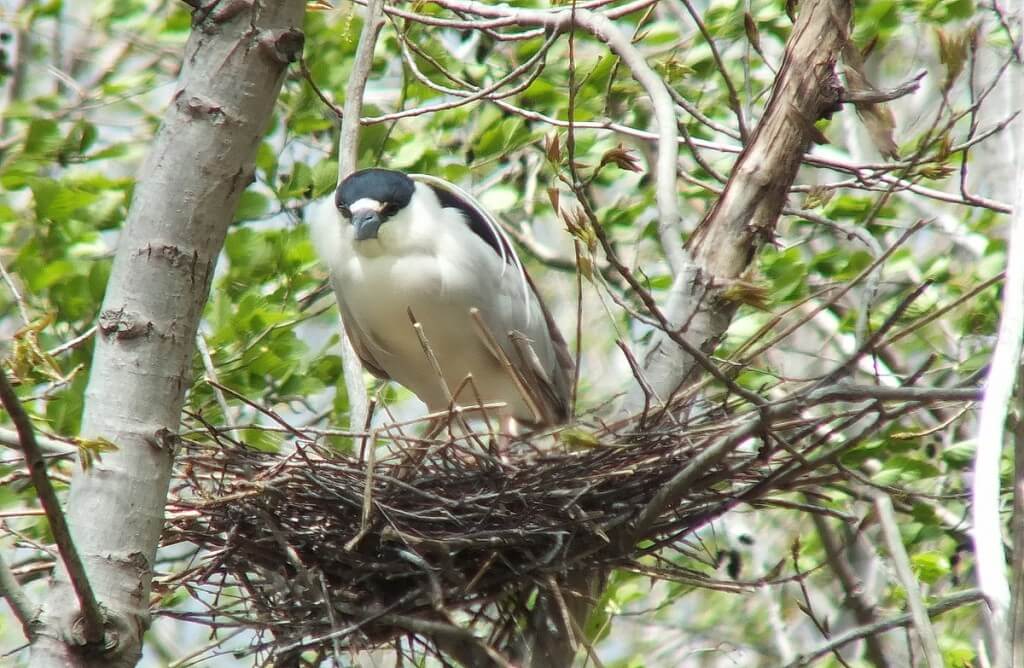
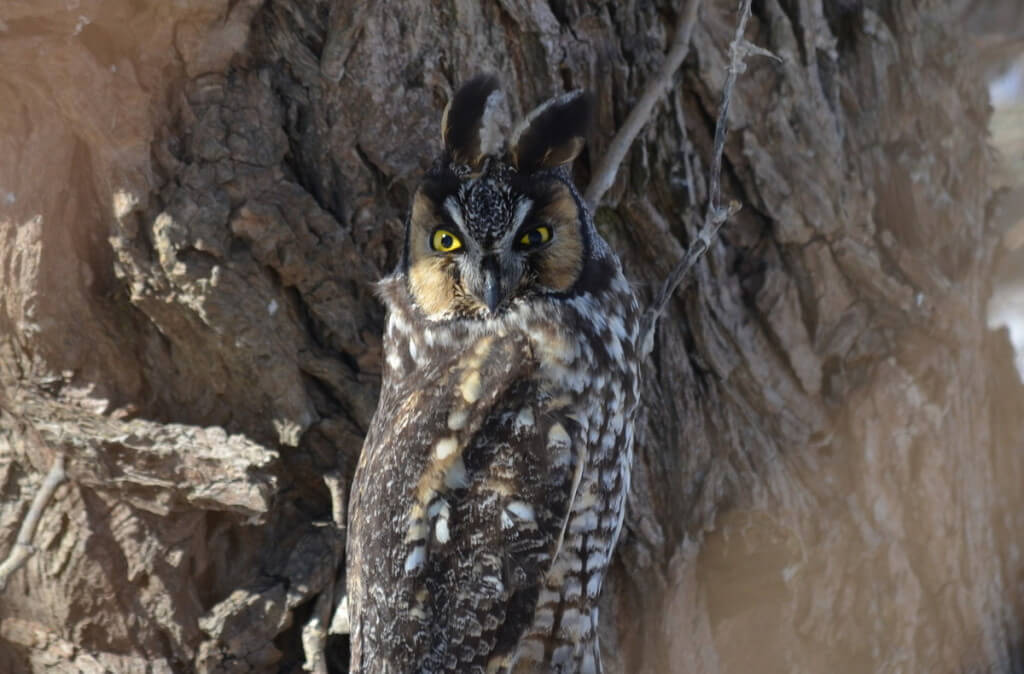



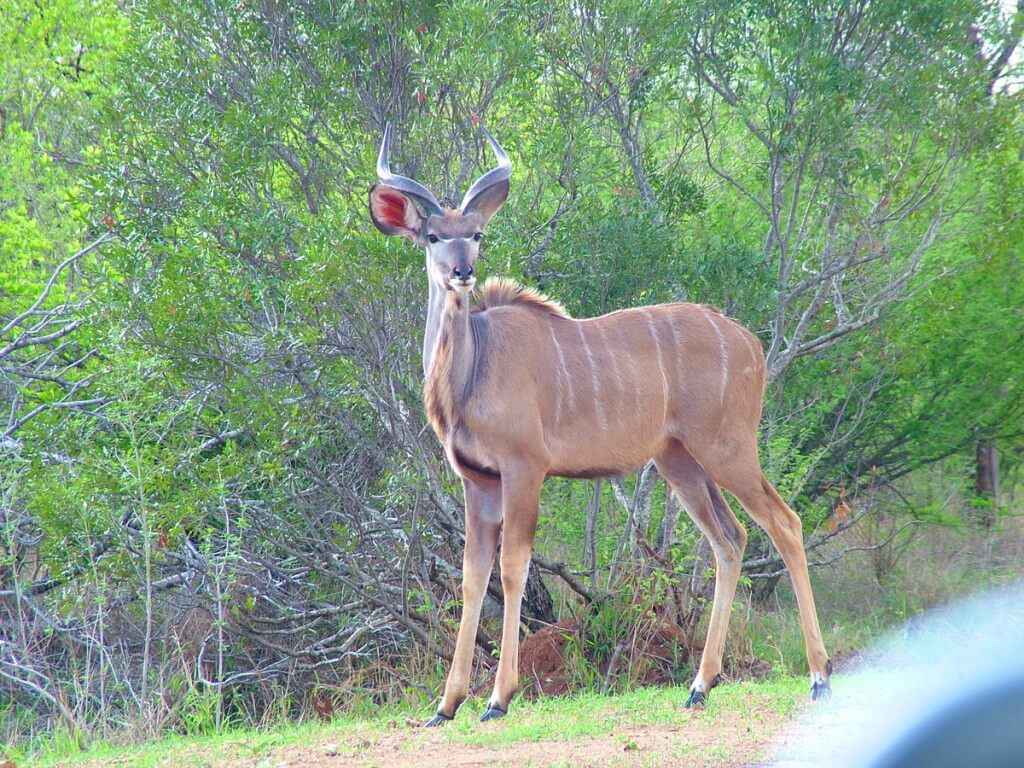
WOW! What marvellous photos of the herons, and video too. They are so beautiful. We have many around our farm, as we have a creek, pond and river on our property, plus a migratory bird sanctuary across the road.
The waxwing photos are gorgeous too. I love those birds!
Thanks for your comments, Natalie. I would imagine that your location provides endless opportunities for bird and wildlife viewing. You are very fortunate.